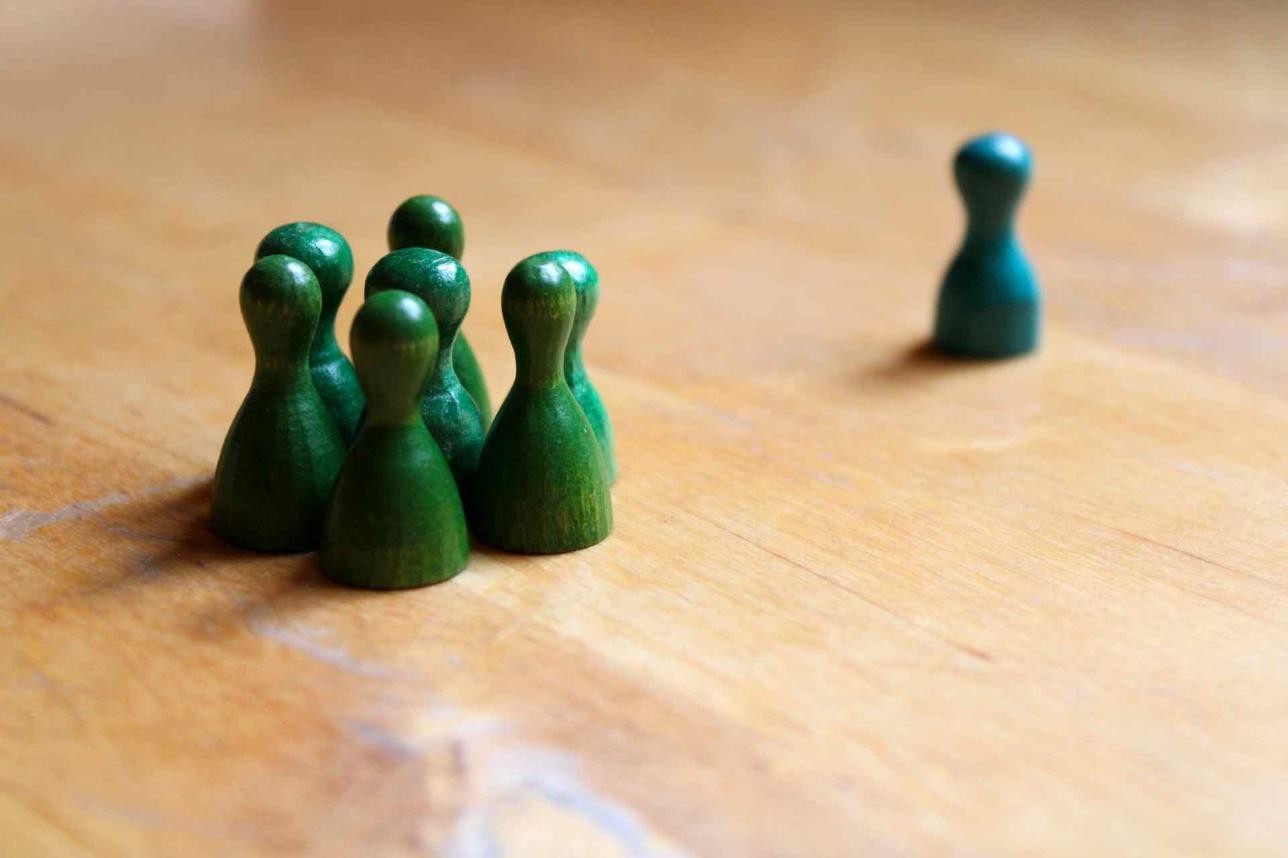School social work is the contact for students as well as for teachers and parents. As an initial guide, the school social work team has compiled the most frequently asked questions and answers. Important: If you need additional support, you can always contact the staff of the school social work of the city of Rastatt in confidence.
Frequently asked questions from parents
"My child is being bullied at school. What can I do?"
Tip from school social work: "It is not advisable to talk directly to the children who are bullying your child or their parents. It is better to contact the class teacher and school social work immediately. Especially in cases of bullying, quick action is important. Silence or waiting will make the situation worse. The school social work can advise you and your child and arrange for the protection of your child. Various measures can be initiated:
Students resolve the issue with the dispute mediators or school social work. School social work can work with the class community to strengthen them and make them sensitive to the issue. You should make your child's social networks and messengers safe. More info and instructions
"I have problems with my child, but I don't want to involve the school social work. I fear that possibly from there the youth welfare office will be informed or third parties will become aware of our family's problems."
The school social work is subject to the duty of confidentiality. Only in cases of acute risk to the well-being of children is it obliged to inform the Youth Welfare Office. Should third parties, possibly also the Youth Welfare Office, be able to contribute to the solution of the problem, the school social work will only establish contact with your consent.
"If I contact school social work, will the principal or classroom teacher know about my questions or conversation topics?"
"I suspect that my child's clique is using drugs and I'm afraid that my child has already used drugs, too. What can I do?"
"The class teacher opened up to me in a conversation that my child always stands out negatively in everyday school life. I can't believe this at all, since my child doesn't cause any problems at home. What can I do?
Seek to talk with the classroom teacher and tell him or her that you don't know why your child is behaving this way, and explain what the situation is like at home. You will probably find a way to solve the problem together.
Of course, you can also consult the school social work. They know your child and can contribute their expertise in an advisory capacity. So-called "round tables", in which all parties involved search for solutions together, have proven successful in such cases. Make an appointment with the school social work.
"My child doesn't like going to school because classmates tease him. What can I do?"
Contact the school social work department. They can analyze the situation together with you. In a second conversation, the school social worker should encourage your child to tell his or her side of the story. The conversation can take place at school or at home, where your child feels most comfortable and safe. The teacher's perspective should also be included. In addition, school social work can observe the class situation during a classroom visit or gain its own insights in a play lesson with team games.
After knowing all possible facts, school social work will work out the further course of action with you.
"My child is being insulted by classmates on the Internet. What can I do?
They can make an appointment with the school social work department to receive information about safety settings on the Net. In addition, school social work offers to carry out class projects and parents' evenings on the topic of "bullying on the Internet". Furthermore, the school social work conducts talks with the "offender(s)".
Frequently asked questions from teachers
"The boys and girls in the class are always fighting with each other. What can school social work do?
Together with the class teacher, the school social work team conducts a class council in which students can talk out their problems with others. Together, constructive alternative courses of action are agreed upon. The class council is held again at regular intervals in such cases. The school social work can also offer the class teacher a topic-oriented class project in which the relationship between boys and girls in the class is dealt with.
"I feel that a certain student in my class is oppressing the other students. What can I do?"
"How can I recognize bullying as a teacher?"
You should first look for possible signs. Indications could be:
- physical injuries
- psychological and psychosomatic changes
- Behavioral problems, such as sudden unwillingness to go to school
- less and less contact with classmates, withdrawal
- when the child begins to stutter, etc.
- Note drop
It is important to distinguish bullying from conflict. In a conflict, the power is equally distributed. A disagreement exists in which neither side feels good. Both sides are trying to solve the problem.
Bullying creates a clear power imbalance. The perpetrator has an intent to harm and a desire for control and power. Usually, material motives are also involved, and the perpetrator triumphs while the victim suffers. The bully also shows no effort on his own part to solve the problem.



